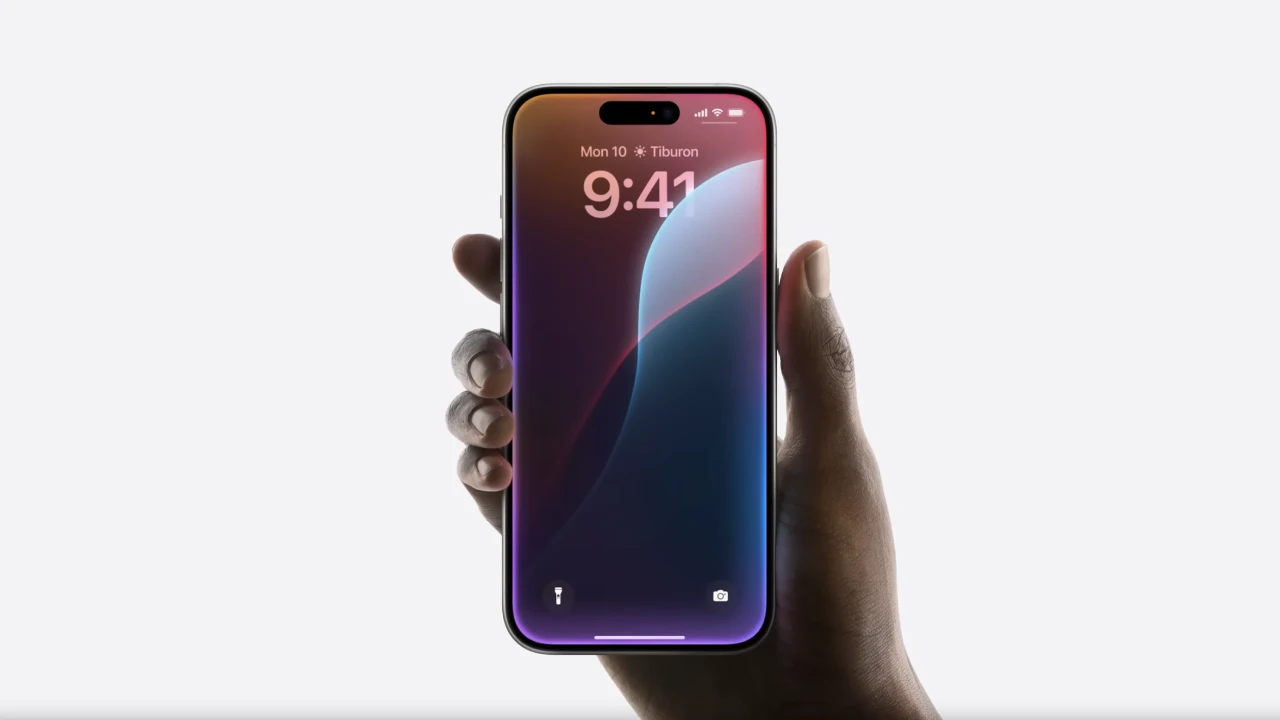Apple unveiled their new Siri 2.0 at WWDC earlier this month and it is coming to the iPhone later this year with iOS 18 and Apple Intelligence. By leveraging innovative artificial intelligence technologies, Siri 2.0 aims to deliver a more personalized, contextually aware, and privacy-focused user experience compared to its predecessor. This new iteration represents a significant evolution of the Siri platform, addressing many of the limitations and challenges that have held back its development over the past decade while incorporating modern AI capabilities to enable powerful new features and use cases.
Apple’s Siri has needed an upgrade for some time and Siri 2.0 with Apple Intelligence is expected to be the significant upgrade that everyone has wanted, the video below from AppleTrack gives us more detail on what to expect from the new Siri.
The launch of Siri 2.0 marks an important milestone in the history of Apple’s virtual assistant. When Siri first debuted in 2011, it was widely regarded as a groundbreaking product that helped define the modern concept of a voice-based AI assistant. However, in the years that followed, Siri saw relatively little major evolution, even as competing offerings from the likes of Google, Amazon, and Microsoft grew increasingly sophisticated. This comparative stagnation was often attributed to factors like:
- Apple’s strong commitment to protecting user privacy, which limited the ability to leverage cloud-based AI and machine learning to enhance Siri’s capabilities
- Internal organizational dynamics and competition between different teams and initiatives within Apple
- The company’s exacting standards and desire to maintain tight control over the user experience, which sometimes impeded the pace of development and experimentation
To overcome these challenges and reinvent Siri for the modern AI era, Apple eventually undertook two major internal projects: Project Blackbird, which involved a complete rewrite and architectural overhaul of the Siri platform, and Siri X, which focused on preserving privacy through advanced on-device AI processing. While Project Blackbird encountered difficulties and was ultimately shelved, the Siri X effort succeeded in laying the groundwork for what would become Siri 2.0 – a virtual assistant that can leverage powerful AI capabilities without compromising user privacy or requiring extensive cloud connectivity.
Under the Hood: The AI Technologies Powering Siri 2.0
At the core of Siri 2.0 are several key AI technologies and approaches, thoughtfully integrated to enable a virtual assistant that is smarter, more capable, and more responsive to user needs:
- Generative AI models that can engage in freeform dialogue, answer follow-up questions, and even perform open-ended tasks like writing and coding
- Advanced natural language processing (NLP) to better understand the intent behind users’ queries and commands, including more complex and contextual linguistic structures
- On-device machine learning to enable personalization and adaptation to individual users’ preferences and behaviors without sending sensitive data to the cloud
- Tighter integration with Apple’s ecosystem of apps and services, allowing Siri to leverage signals and functionality from across the user’s devices
Collectively, these enhancements allow Siri 2.0 to engage in more natural conversations, take on a wider variety of tasks, and proactively surface helpful information and suggestions – all while preserving user privacy. Some of the powerful new capabilities unlocked by this AI overhaul include:
- Adding new contacts from the content of emails or messages, complete with auto-populated fields like addresses, phone numbers, etc.
- Intelligently retrieving documents or other files referenced in photos, such as extracting a recipe from a cookbook picture
- Engaging in back-and-forth dialogues to refine search queries, clarify ambiguous requests, or even collaboratively plan out projects
- Offering proactive suggestions and task shortcuts based on the user’s context, habits and priorities
The Future of Siri and Apple’s AI Ambitions
Looking ahead, Apple has made it clear that it sees AI as a key strategic priority, and that Siri 2.0 is just the first manifestation of a broader vision to infuse artificial intelligence across the company’s hardware, software and services. One particularly noteworthy development is Apple’s partnership with OpenAI, the research lab behind ChatGPT and other innovative generative AI systems. While the exact nature of this collaboration remains under wraps, it holds the tantalizing potential to further extend Siri’s conversational and reasoning abilities into entirely new domains.
At the same time, Apple remains steadfast in its commitment to privacy, user control, and transparency around AI. As Siri’s capabilities grow, the company has emphasized the importance of keeping humans in the loop, avoiding unintended biases or misuse, and preserving the “Apple experience” of intuitive, reliable, and seamlessly integrated functionality. How exactly it will balance these sometimes competing imperatives in the fast-moving world of modern AI remains to be seen, but Siri 2.0 offers an exciting glimpse at a future in which virtual assistants are more capable and ubiquitous than ever, even as they strive to be more responsible and respectful of their users.
With Siri 2.0, Apple has not only brought its groundbreaking virtual assistant into the modern age of AI, but laid the foundation for even more profound leaps still to come. As the race to define the next generation of human-computer interaction heats up, Siri 2.0 makes a compelling case that Apple’s unique blend of technological prowess, design excellence, and principled approach to privacy and ethics will keep it at the forefront of innovation. The virtual assistant landscape will never be the same.
Source & Image Credit: Apple Track
Filed Under: Apple, Apple iPhone, Top News
Latest TechMehow Deals
Disclosure: Some of our articles include affiliate links. If you buy something through one of these links, TechMehow may earn an affiliate commission. Learn about our Disclosure Policy.
